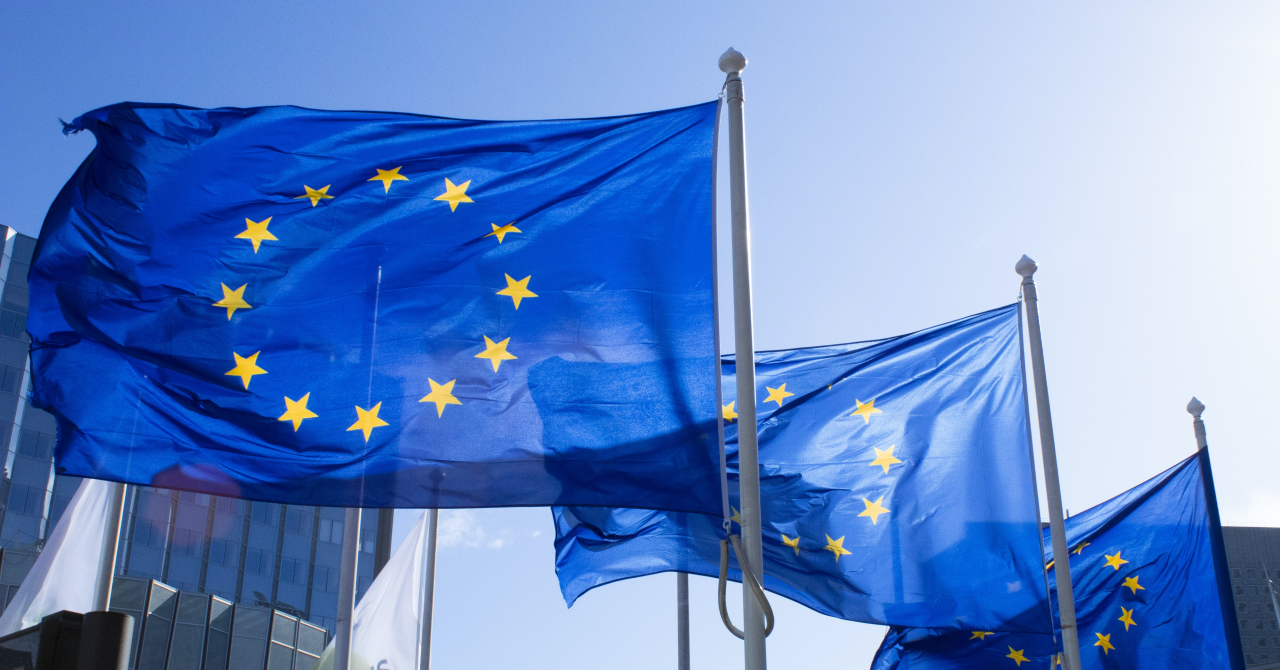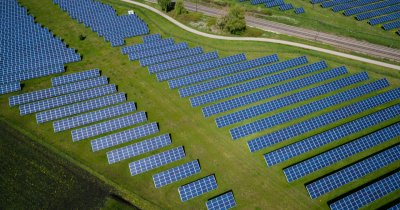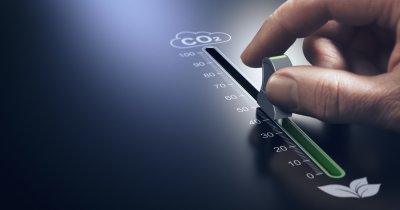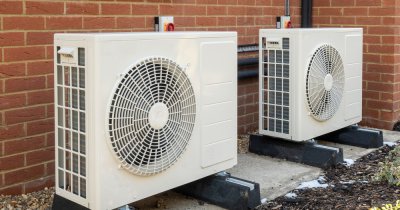According to Reuters, all the states that belong to the EU bloc have agreed to reduce their greenhouse gas emissions by 55% compared to the levels recorded in 1990, and they have until 2030 to do so.
Following the events taking place in Ukraine at the moment, the European Commission proposed that officials should cut imports of Russian gas in Europe by two-thirds this year, with the future plan to completely phase them out by 2027.
The Commission is expected to present a plan in May called "Repower EU", which should contain solutions to how EU states can quit using Russian fossil fuel resources.
Frans Timmermans said that "what we will do in the next couple of weeks is work towards what I call the Repower EU initiative, and as part of that we want to accelerate the energy transition. So in that context we might revisit our targets."
The EU climate policy chief pointed that the revision could also mean "a higher percentage of renewable energy for 2030", but declined to give figures for the new targets.
The current plans show that the EU would raise the energy produced by renewable sources to 40% of the total consumption by 2030.
Egypt, the country which will host the COP27 conference this year in November, is said to resume the exports of liquified natural gas from Israel, which Timmermans said it should help the EU with regards to diversifying gas imports.
"The core of what I'm offering is a long-term strategic relationship that starts with LNG then quickly moves also into renewables, especially hydrogen," he concluded.
 Mihai - Cristian Ioniță
Mihai - Cristian Ioniță












Any thoughts?